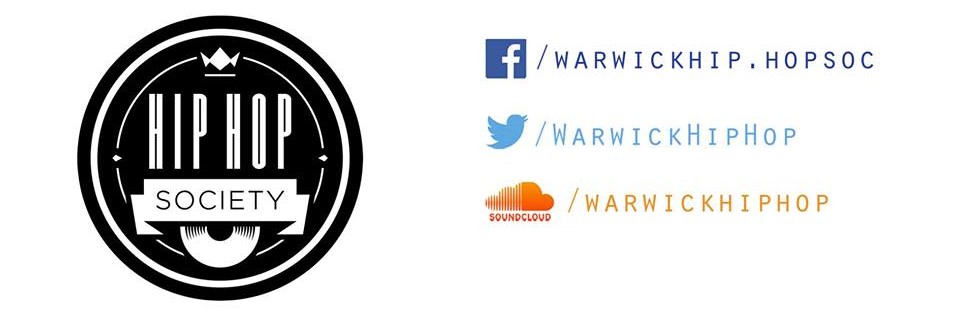Hip-Hop Weekly: Political and conscious hip-hop
Hip-Hop, or music in general, can be used as a platform to express feelings and thoughts on situations in daily life. Songs like Kendrick Lamar’s ‘Hiiipower’ and Jay-Z’s ‘The Story of O.J.’ use their beats and rhyme to express an ode to historical black leaders in America, as well as black ownership and re-asserting power within the community respectively. For me, socially conscious songs such as these add meaning and importance to hip-hop; they act as an aid to help people reflect on issues in society. Therefore, due to hip-hop being a platform that influences many and having effect regarding social issues, should hip-hop artists be socially conscious? Do they have a duty to be?
The impact of such songs at such a time of social upheaval would have been crucial to help people ‘keep on keepin on’ and remind them that they were not alone
Before the emergence of political and conscious hip-hop, there was the Black Power Movement and the emphasis on black pride arising in the mid-1960s. They inspired songs themed on black pride such as James Brown’s “Say it Loud (I’m Black and I’m Proud)” of 1969 and Billy Paul’s “Am I Black Enough for You?” of 1972. These songs explicitly reflected the social issues at the time and helped spread the word of the Black Power movement. Apart from helping promote the movement, songs such as these would have helped those affected by the segregation laws in the 1960s, advising them to be proud of the skin they’re in. The impact of such songs at such a time of social upheaval would have been crucial to help people ‘keep on keepin on’ and remind them that they were not alone. Thus, these origins of political and conscious hip-hop accentuate the effect and significance of raising awareness of such social issues.
Music is seen as an escape, a stress-reliever, and in specific reference to political and conscious hip-hop, enables us to relate to others through common struggle
“The biggest enemy of an artist is apathy”. Famous words by Dave Chappelle himself. Naturally, music provokes emotion as we listen to the words, whether it be happiness, sadness or gladness. However, would emotion still be provoked if all artists were apathetic? Music is seen as an escape, a stress-reliever, and in specific reference to political and conscious hip-hop, enables us to relate to others through common struggle. A perfect example of this is the politically conscious group Public Enemy, an American hip-hop group who produced politically charged music who had an active interest in the problems of the African-American community. Their music created a legacy; they started a revolution that pushed other artists such as Queen Latifah and A Tribe Called Quest to celebrate afrocentric themes. If they acted apathetically, would they have had such an influence?

Comments